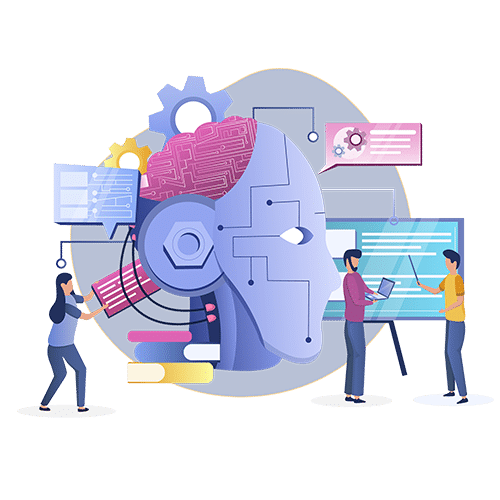- Navigating the AI revolution to transform the future
- Why does the country that wins the AI race, wins?
Furthermore, the socio-political condition of the world also plays a crucial role in determining the balance of power. Countries with political instability, social unrest, or economic problems may find it hard to keep up with the development of AI. On the other hand, countries with stable political systems, a skilled workforce, and supportive policies are likely to excel in this field.
AI can potentially transform almost every aspect of our lives, from healthcare and transportation to finance and education. Some of the key areas where AI is already being applied include:
- Natural Language Processing (NLP) and speech recognition
- Computer vision and image recognition
- Robotics and automation
- Predictive analytics and machine learning
The growth of AI is expected to be exponential, with advances in computing power, data availability, and algorithm development driving innovation. However, to fully realize the potential of AI, it is essential to address the ethical and social implications of this technology.
The ethical implications of AI are complex and multifaceted. Some of the key ethical issues associated with AI include:
- Privacy and data protection
- Bias and discrimination
- Accountability and transparency
- Human oversight and control
- Impacts on employment and the economy
It is essential to establish ethical frameworks and standards to ensure that the development and deployment of AI align with our values and principles. Collaboration between stakeholders, including governments, industry, and civil society, is crucial to address these ethical issues effectively.

Check Out Our
Artificial Intelligence and Machine Learning Using Python

- 10 modules
- 10hrs 45mins


